Saeed Khatibzadeh, spokesman for the Ministry of Foreign Affairs made the remarks in a recent interview with Arab and Western journalists on Clubhouse software, during which he answered various questions put forward by the journalists.
Khatibzadeh first touched upon Tehran's relations with Riyadh in answer to a question, saying that the two countries have always been in contact and their ties have never been completely severed.
In response to a question on Financial Times' report on alleged Iran and Saudi Arabia meeting in Baghdad, Khatibzadeh said "Regarding the report first published in the Financial Times, I have to say that we, in general, welcome any initiative to reduce tensions and increase cooperation in our region, and we are definitely looking for some kind of dialogue and contact with our neighbors."
"There have always been direct and indirect contacts between the two countries, even in recent years," he added.
In response to the question of whether Iran and Saudi Arabia have moved towards reducing tensions during the post-Trump era, Khatibzadeh said that Iran has always made efforts to reduce tensions and Saudi Arabia can also be said to have shown some positive signs in this regard.
The spokesman further reiterated Iran's stance that the solution for the disputes in the region should be sought inside the region.
With regard to the recent talks in Vienna between Iran and the remaining signatories to the Iran nuclear deal (JCPOA), Khatibzadeh described the talks as "relatively constructive" and added that "There has never been any talk of a temporary agreement in Vienna."
He said that what has been discussed in the Vienna talks has been the full compliance of the United States to the JCPOA, how Washington's compliance as well as Iran's reverse of course of its retaliatory measures, which took place due to Washington's flagrant violations of the JCPOA, can be verified.
Khatibzadeh also added, "It is easy to verify Iran's actions in returning to JCPOA commitments, but it is difficult to verify the actions of the United States and other JCPOA parties." He recalled that even after the JCPOA was signed in return for the lifting of the US sanctions, some important parts of the US sanctions had remained in place, hindering Tehran's trade with other countries.
Just as the International Atomic Energy Agency (IAEA) does not accept Iran's statements on paper and stresses to verify Iran's nuclear activities in practice and on the ground, Iran needs to be able to verify the removal of the sanctions in practice, according to him.
"Iran and the P4 + 1 have been talking about "commitment versus commitment" and the talks have now advanced to the point where they can begin work on writing the text, at least on the less controversial areas," the spokesman added.
"By writing the text I mean all parties have now reached the point where they can now go into details and list all the actions that the United States should take, as well as what Iran is doing after the verification and in response," he elaborated more.
The spokesman also answered a question on the recently signed cooperation document between Iran and China and said that signing the comprehensive agreement with China was not under the influence of Tehran's deteriorated relations with other countries, most notably the European countries.
"The Islamic Republic of Iran has always sought to diversify its foreign relations, and China is one of Iran's main partners, and it is natural for such a document to be signed between the two countries."
Elsewhere, in response to a question, Khatibazadeh said that Iran does not need "Russia's nuclear umbrella" and it can defend itself against threats.
"Iran has sought to facilitate talks between the Afghan government and all parties, including the Taliban," he said in response to a question on the ongoing Afghan peace talks.
KI/5195445


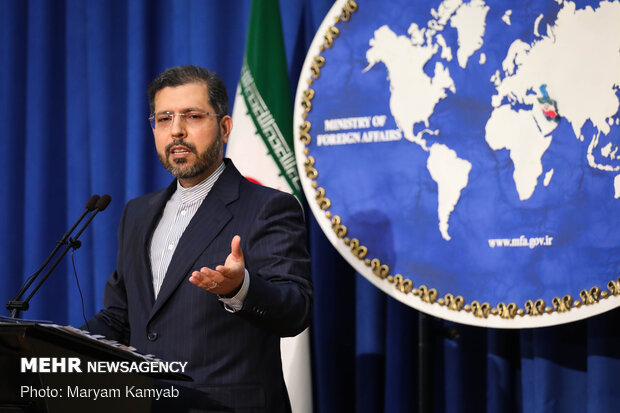
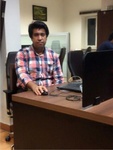
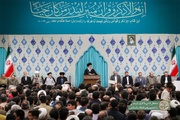
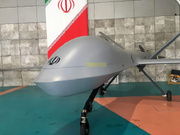
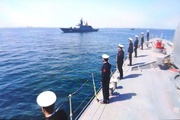
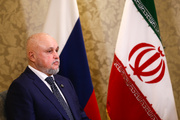



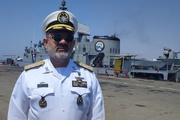
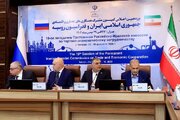
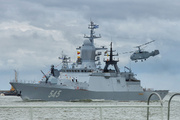











Your Comment